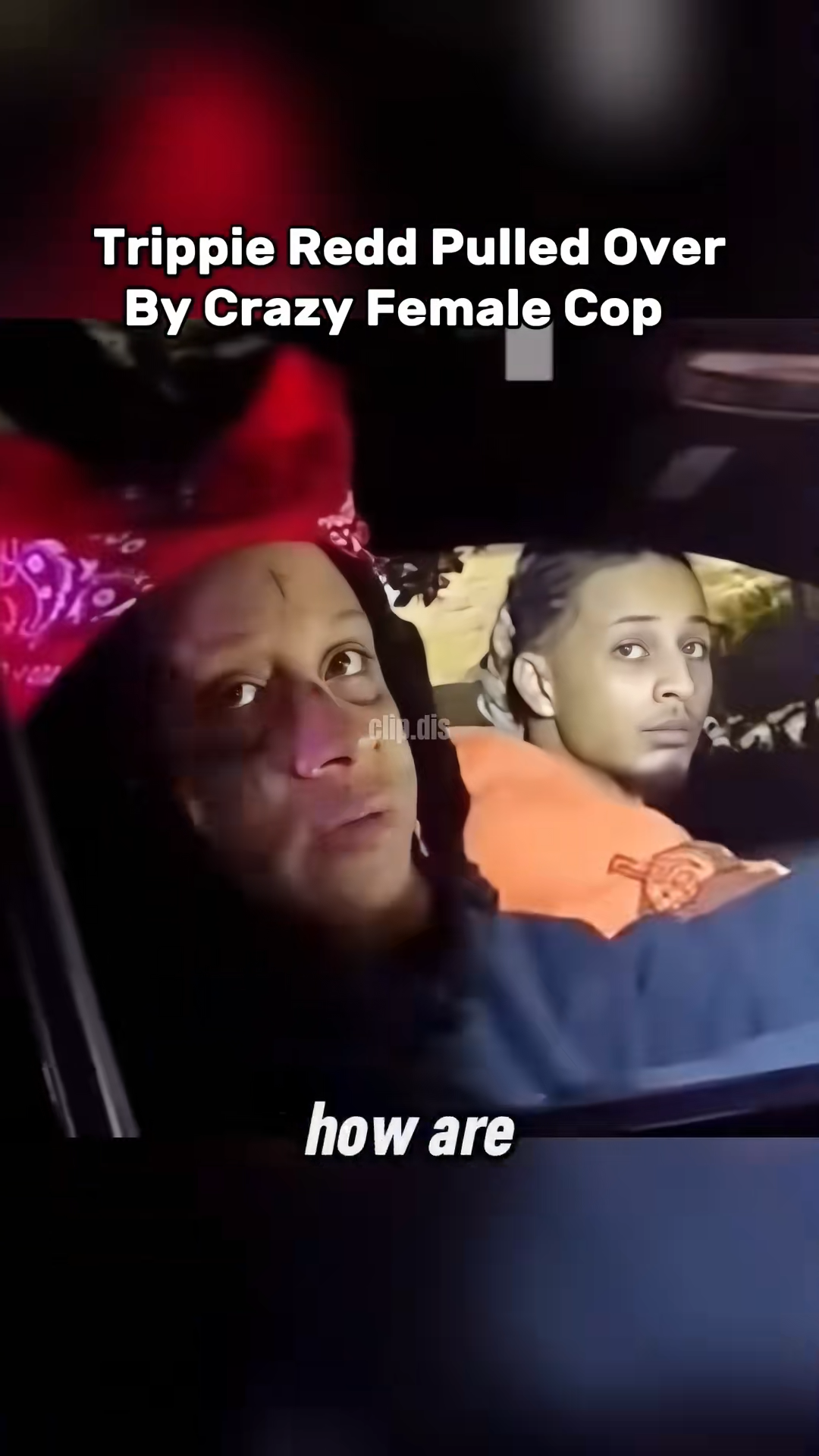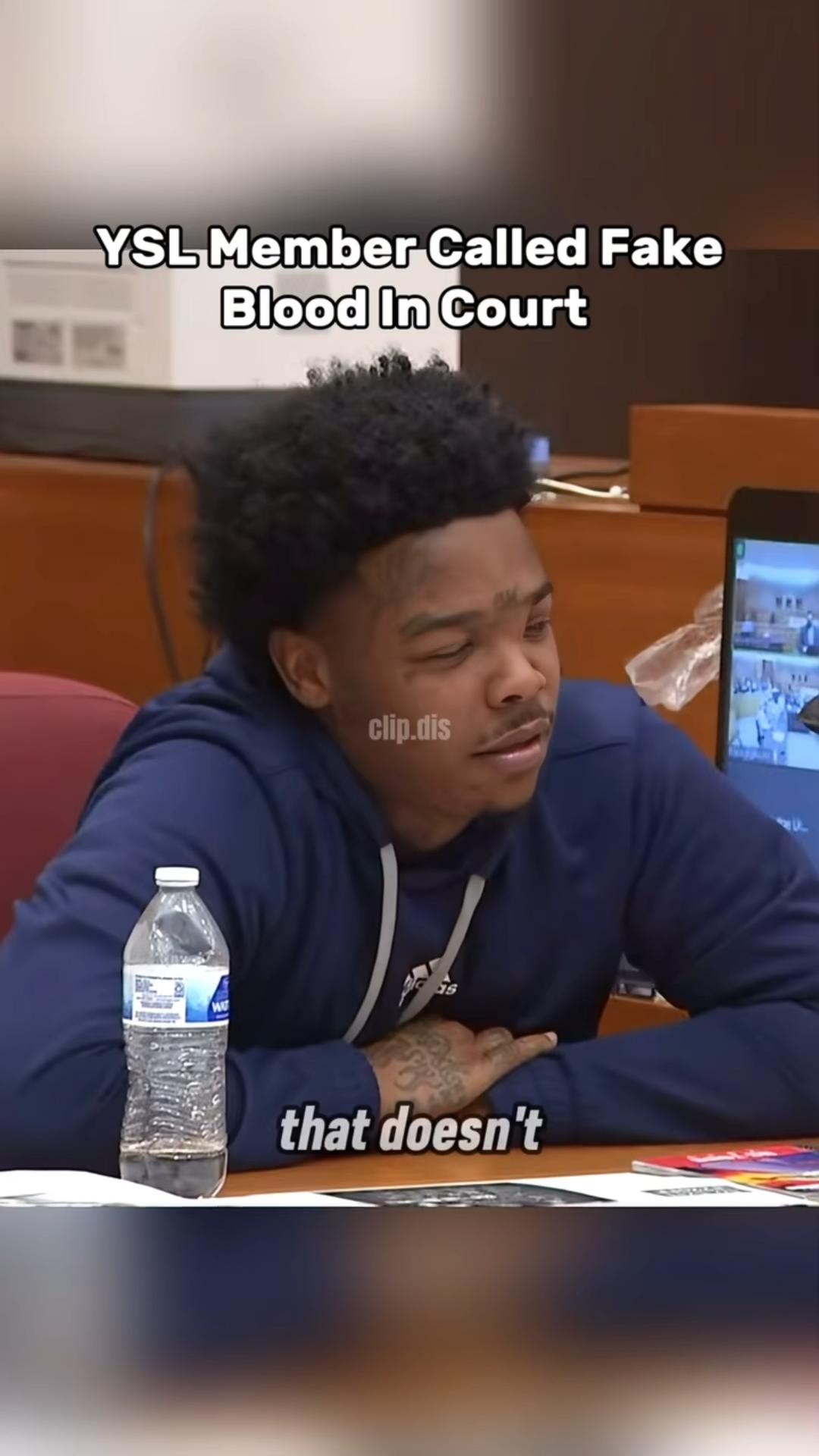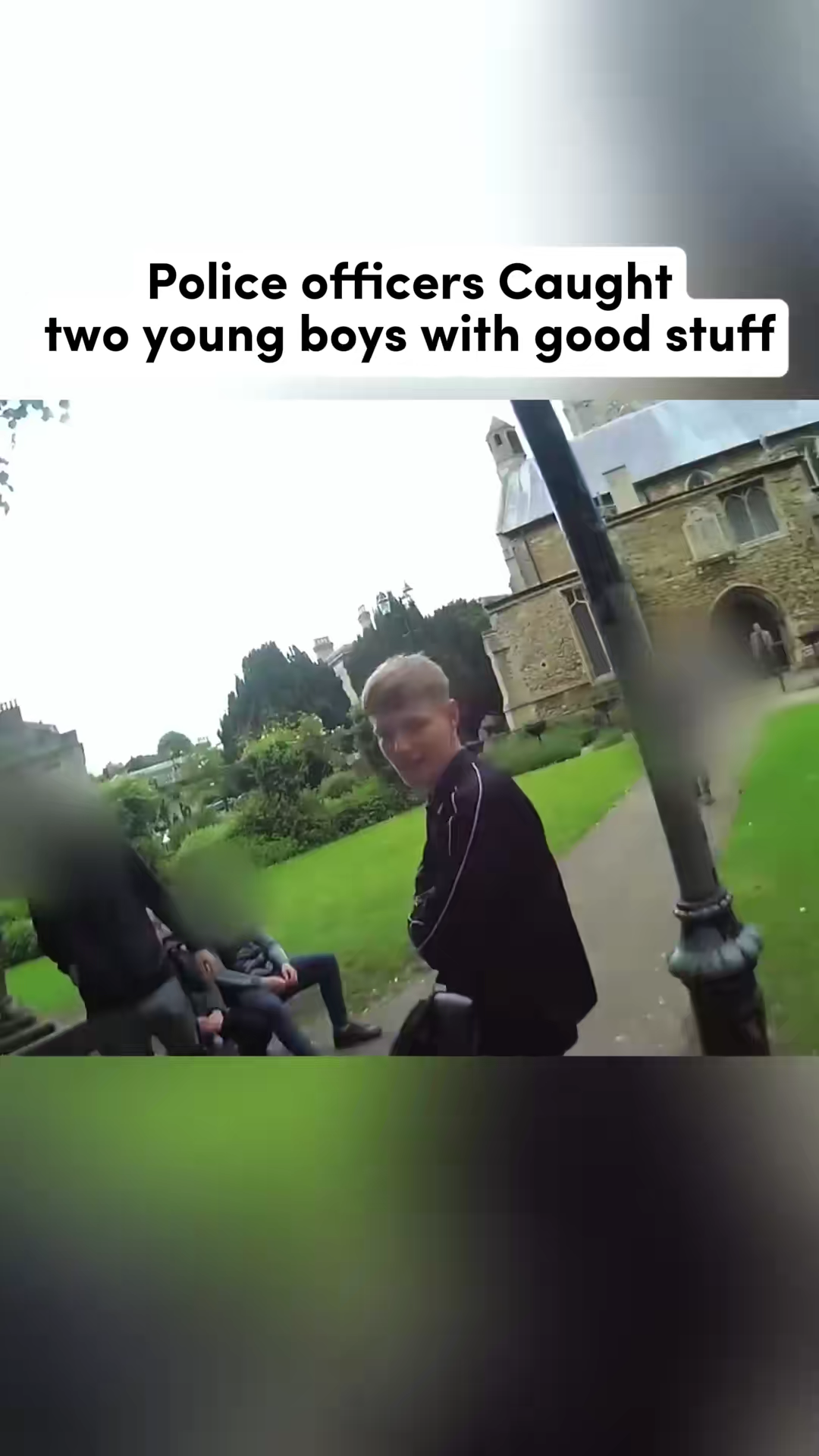
What started as a routine traffic stop quickly turned into a tense exchange between officers and a young man named Michael Lamar White. The encounter began calmly, with officers approaching the vehicle and asking simple questions — a standard part of any traffic check. “We’re gonna make this nice and simple,” one officer assured. Yet beneath the surface, the situation carried the potential to spiral out of control.
When asked for a driver’s license, Michael admitted he didn’t have one and had never been issued one. His older brother, who was present, owned the vehicle, and Michael tried to explain that he was allowed to ride with him. The officers, however, appeared unconvinced, noting that multiple cars had stopped together — a black Ranger, a Bentley, and another vehicle — raising suspicion about the group’s activity.
As tension rose, the officer reminded Michael that he wasn’t in handcuffs “because I’m being nice.” The message was clear: cooperation would determine how the rest of the stop played out. The exchange highlighted a common theme in police encounters — the fragile balance between authority and compliance. Despite the pressure, Michael remained polite and apologetic, showing restraint even when interrupted or spoken over.
In the end, no violence erupted, no arrests were made, and cooler heads prevailed. Yet the moment revealed just how quickly a simple roadside check can transform into a defining moment — one that tests patience, communication, and the thin line between calm and chaos.



